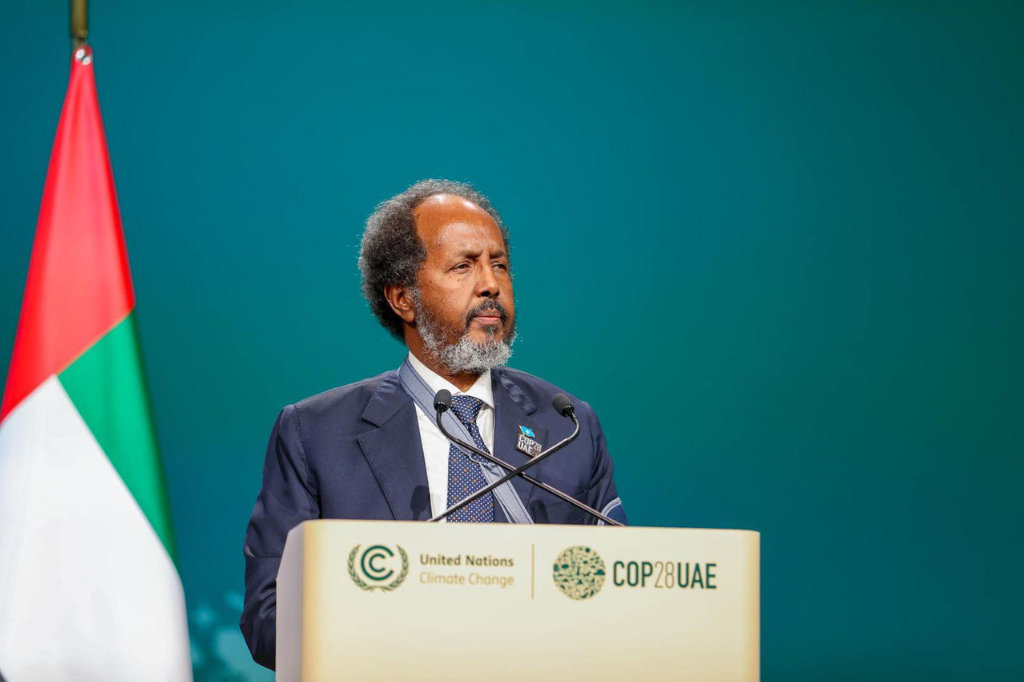
Clinging To Power by Any Means Necessary: The Ultimate Ambition of the Somali Politician

The general definition a politician is a person who is actively involved in politics, typically as an elected or an appointed official within a government or a political organisation. Their primary role is to represent the interests of their constituents. They represent individuals, groups, or communities, and they participate in the decision making that shapes the public policies and laws. The roles and responsibilities can vary depending on the level of government position a person is appointed to which can be local, regional, or national. However, some common roles and functions of politicians include:
- Legislation.
- Representation.
- Governance.
- Policy-making.
- Public engagement.
- Representation of interests.
- Negotiation and diplomacy.
Somalia’s political landscape is deeply entrenched in a clan based social structure, where affiliation acts as a central role in political dynamics. The federal system, established in 2004, attempted to accommodate diversity and granting some degree of autonomy to federal member states. Therefore, there is no surprise that clan affiliations heavily influence power dynamics and electoral processes, shaping the distribution of political power.
Elections in Somalia have historically been characterised by clan-based power-sharing agreements and indirect voting methods. However, challenges such as corruption, insecurity, and insufficient infrastructure continue to undermine the credibility and inclusivity of the electoral process. This presents significant hurdles for aspiring politicians seeking legitimate pathways to elected offices.
Exerting influence in absentia
As is the norm for war-torn nations, Somalia has sizeable diaspora communities who are scattered across the globe. Their influence in the country is high. Through various means, including remittances, investments, and political activism, they wield significant power in Somali politics and public life.
In recent years, a notable trend has been the return of diaspora members to Somalia. They are eager to engage in politics and contribute to the country’s development. Producing prime ministers, majority of cabinet members, a speaker, and even a president. Their presence adds a vibrant element to the political landscape, bringing diverse perspectives and experiences.
Unfortunately, aspiring individuals, whether members of the diaspora or not, face rough path to political success if their pockets are not filled with cash. Gatekeepers make it difficult for others to enter due to, primarily, the lack of funds. The electoral process, while presumably democratic, often operates within a framework where financial incentives and clan endorsements play decisive roles. Securing a position as a Member of Parliament (MP) requires navigating a complex web of requirements, including obtaining endorsements from clan elders and disturbingly, approval from state authorities.
Broken campaign promises
Priorities and practices of high-level politicians once in office may diverge from the ideals of public service. While apparently appointed to represent the interests of their constituents and govern effectively. The reality often revolves around self-preservation and the pursuit of personal gain. Priorities such as securing salaries, obtaining government projects, and appointing close relatives to key positions often take priority over genuine governance and public welfare.
The monopoly of political power has historically been a standing issue; with various factions competing for control and dominance. This struggle for power often leads to instability and undermines democratic processes. Over the years, competing clans and political entities have sought to consolidate power. They sometimes resort to violence and coercion to maintain their grip on authority. This monopolisation not only stifles political pluralism, but also fosters an environment of fear and intimidation among the populace, hindering the prospects for genuine democratic elections.
The fear of democratic elections in Somalia is deeply rooted in the country’s tumultuous history. Many politicians fear that the democratic process could upset existing power structures and threaten their interests. This fear leads them to manipulate or obstruct any process so they can maintain their hold on power. Additionally, the lack of strong democratic institutions and transparent electoral processes leads to serious concerns. Consequently, most of the citizens often feel disenfranchised and disempowered, as their voices are drowned out by the dominance of entrenched political elites.
In conclusion, the junction of clan affiliations, electoral processes, and entrenched power interests shape the country’s political landscape in profound ways. However, amidst these challenges there exists an opportunity for reform and change. By addressing the issues of corruption, promoting inclusivity in governance, and fostering genuine dialogue and collaboration will help the ambitions of the Somali politician to align with the objectives of Somalia’s national interests and the interests of one’s constituents. A win-win for all.
- Tags: Diaspora, Elections, Politicians, Somalia
Abokor Ibrahim Jama
Related News


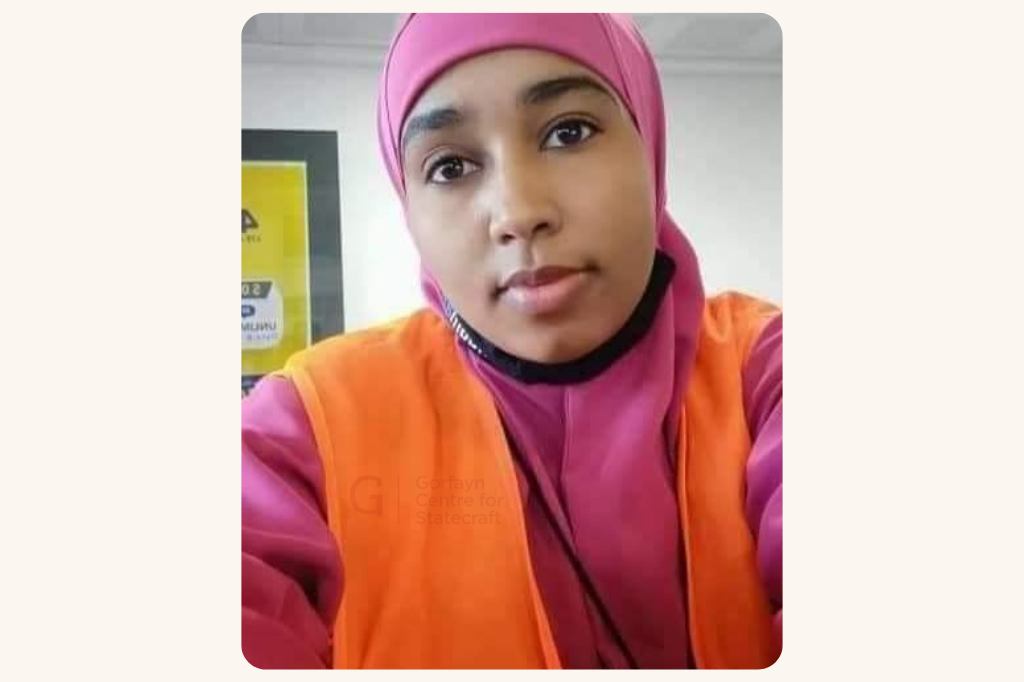

Somalia’s Single-Use Plastic Bag Ban Was Long Overdue
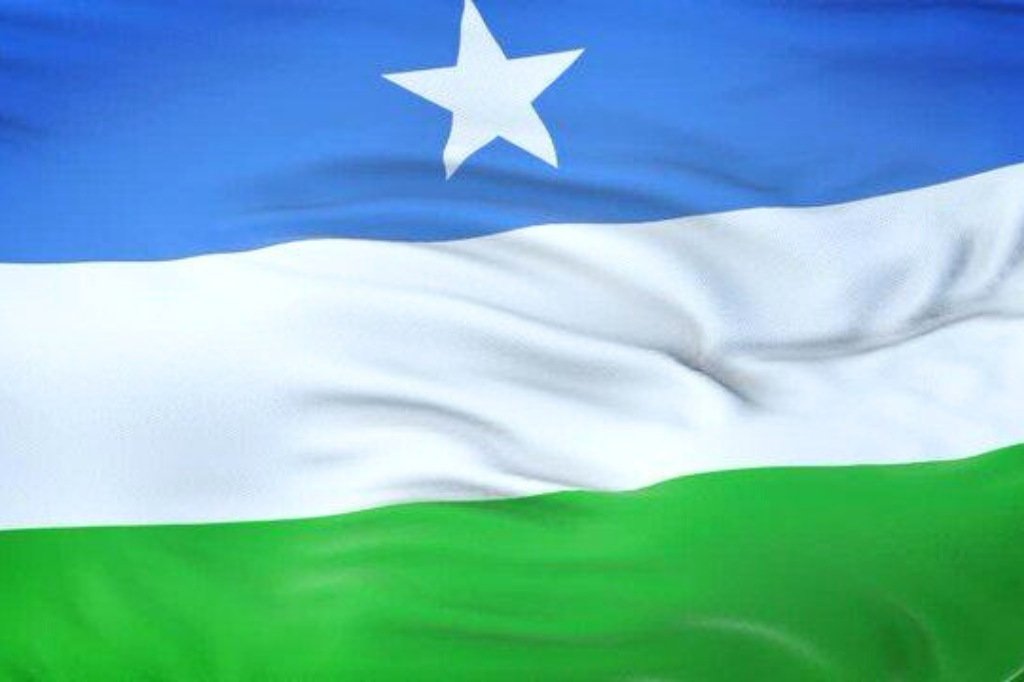
Election in Puntland: A Historical Overview
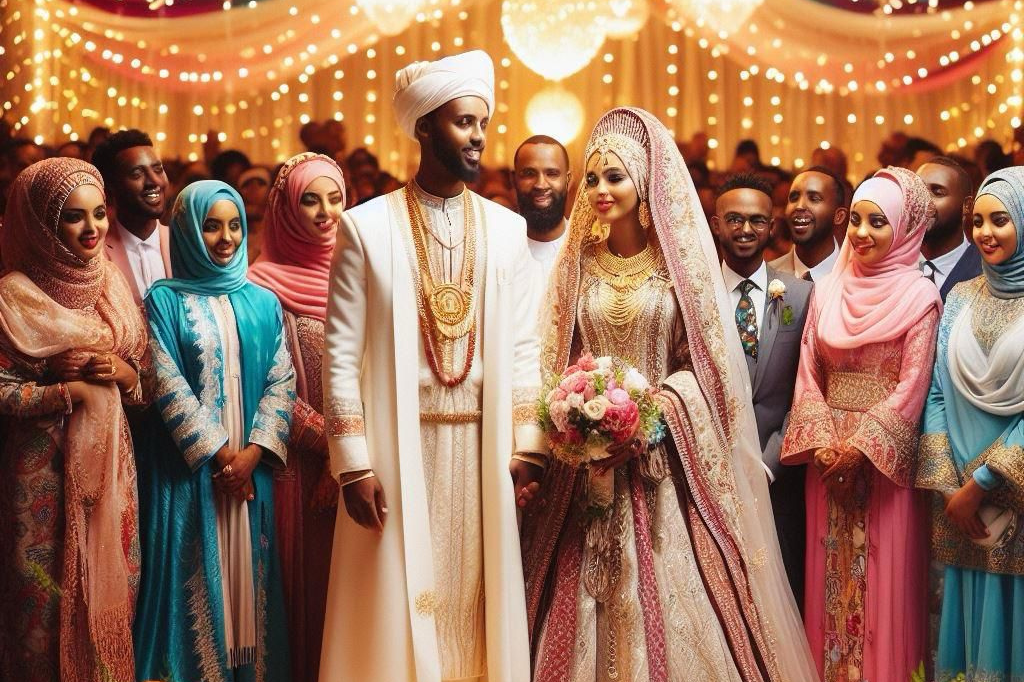
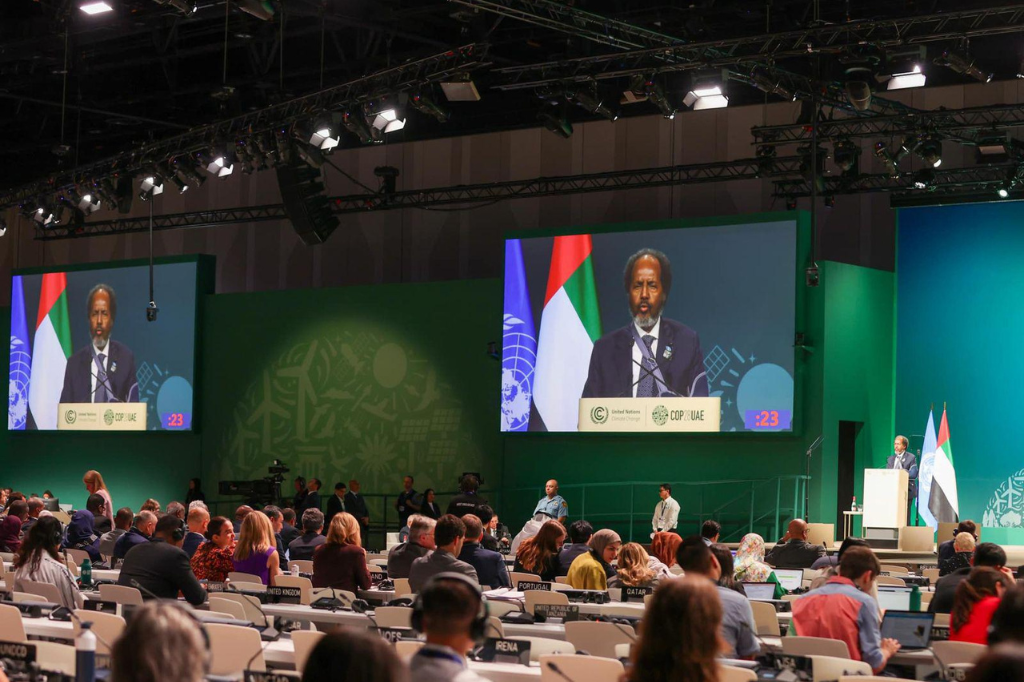
Somalia at COP28 Recap: Key Highlights and Outcomes
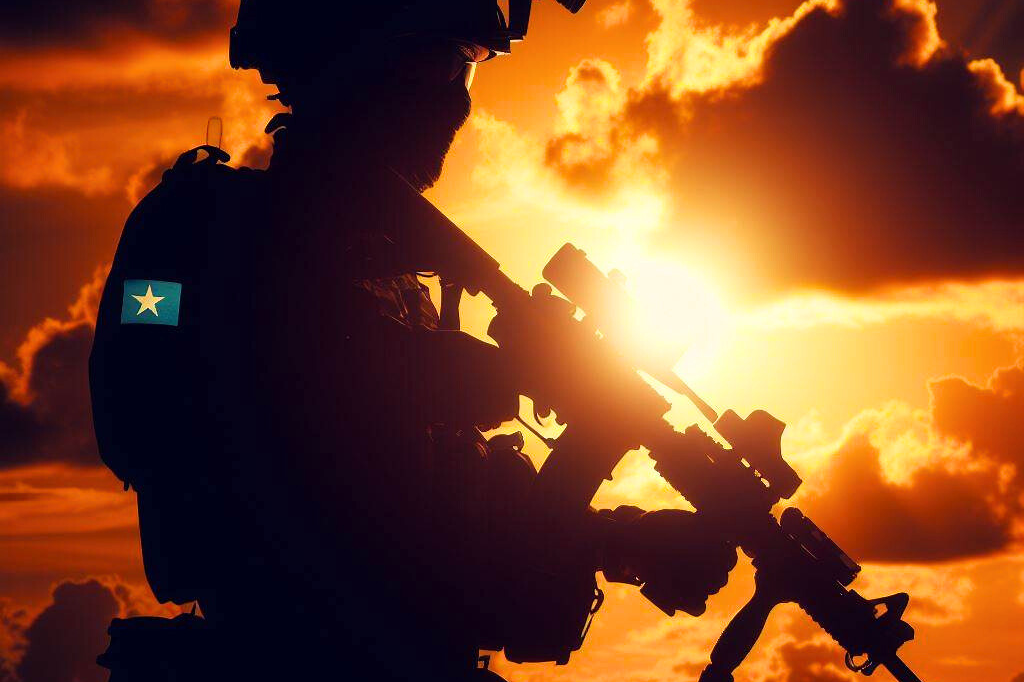
Breath of Fresh Air: The Force Behind Mogadishu’s Newfound Security
